How Japan is Taking Back Console Gaming in 2017
2017 IN PREVIEW: A new wave of Japanese console games is taking over 2017.
This article first appeared on USgamer, a partner publication of VG247. Some content, such as this article, has been migrated to VG247 for posterity after USgamer's closure - but it has not been edited or further vetted by the VG247 team.
Japan's games industry struggled to find its way for a while there. The dawn of the HD era left behind a lot of Japanese developers who couldn't adjust to the shift in console architecture, relagating many of them to develop for handhelds only.
But that's been slowly shifting ever since the PS4 came out, and many success stories popped up due to grassroots transmission of games that would eventually gain cult status and the passion of the fans that sprang up around them. Now it's 2017, and a critical mass of Japanese console games is on the horizon thanks to the success of the PS4 and the imminent release of the Nintendo Switch. 2017, it seems, is the year that Japan retakes consoles.
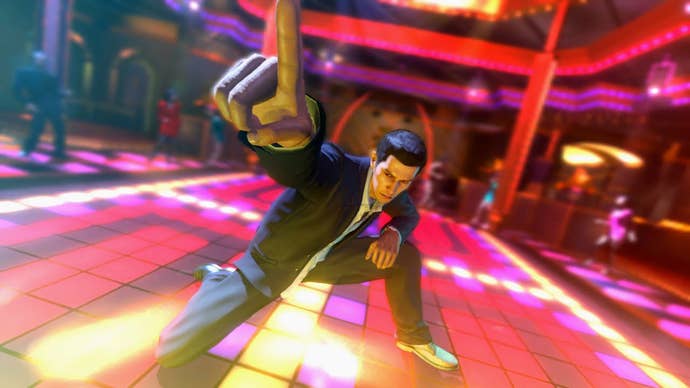
In many cases, this is due to a long, slow process of evolution and iteration, a testament to an industry that continually builds on its own history and using it to forge the future. Yakuza 0, a prequel to the very Japanese Yakuza series, is a prime example of the fruits of evolution and iteration. With seven games preceding it in some capacity, Sega had time to quietly refine the Yakuza formula and make it the unofficial successor to the Shenmue legacy. It's amazing to see just how far the Yakuza games have come since the series debuted on the PS2.
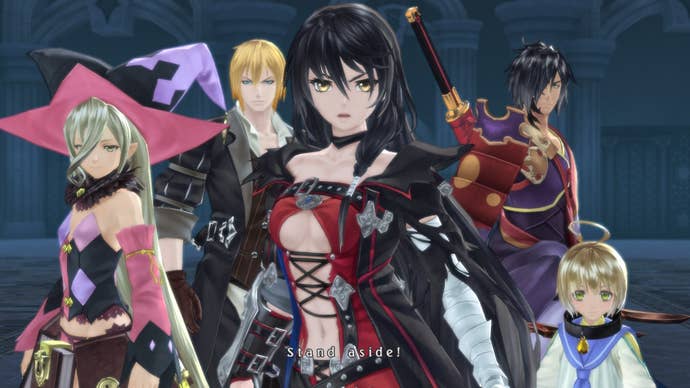
Another entry in a slowly but surely evolving series, Tales of Berseria, is now playing host to a bit of a shakeup, with a darker tone and a female protagonist, a first for the Tales series. In reality, Tales of Berseria probably isn't going to be too dramatic of a change given past history, but the willingness of Bandai Namco to evolve and learn is encouraging, and indeed, what the Tales series has always done in subtle ways.
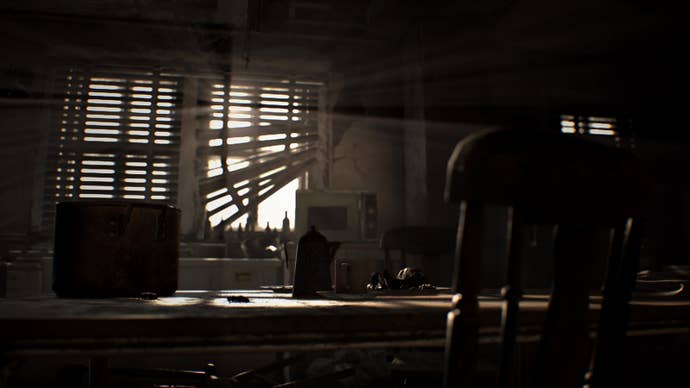
The most intriguing thing about this new wave of console games is how they're attempting to push existing designs forward even as they iterate on them. Resident Evil 7 is a good example of this. After the critically-panned Resident Evil 6, Capcom decided to take 7 in a bold new direction, paring back the bloated Resident Evil mythology and focusing on pure first-person horror. But it's not entirely unexplored territory, as it has a great deal in common with P.T., the critically-lauded playable teaser for the aborted Kojima-helmed Silent Hills, with Capcom going so far as to put out playable teaser of their own for the game. They've captured the attention of gamers in much the same way that P.T. did, which bodes well.
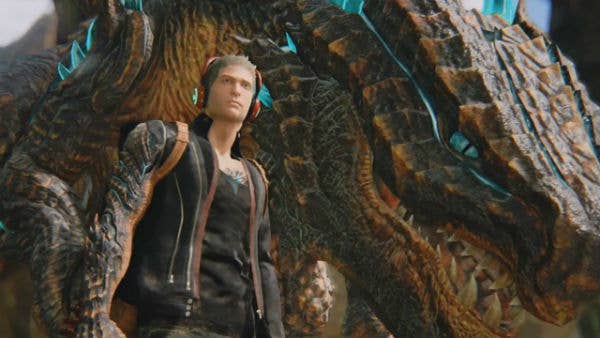
Developers like Platinum Games who specialized in console experiences even as their contemporaries moved to handhelds and mobile are now thriving. Nier Automata, the sequel to cult classic Nier, is one of the most anticipated action game releases this year, and Platinum's involvement means that the sometimes clumsy execution of the daring ideas in Nier may very well be tightened up while keeping the bizarre experimental spirit of the original intact. And Scalebound, Platinum's answer to Monster Hunter for Microsoft, also threatens to streamline a cludgy game style into something slicker. It's Platinum's calling card, after all.
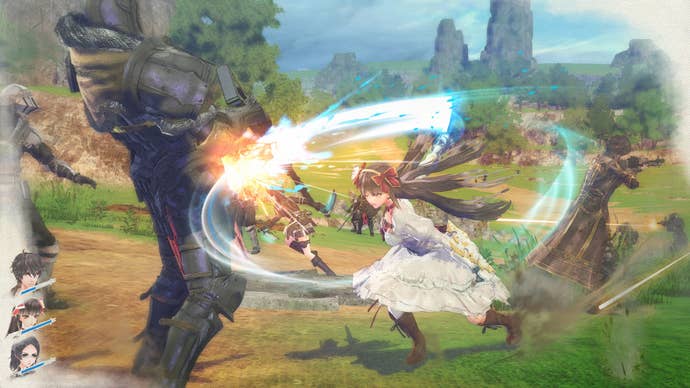
Likewise, a common theme of 2017's Japanese games is different developers taking on gameplay styles that “belong” to other developers and making it their own. Koei Techmo's Nioh, for instance, is Team Ninja's take on Dark Souls, a style of game seemingly at odds with Team Ninja's usual fare. And at the other end of the spectrum is Valkyria Revolution, a game set in Sega's Valkyria Chronicles universe, but with gameplay more in line with a traditional JRPG instead of the innovative turn-based tactics the series is known for. It is, however, being developed by Media.Vision, who made one of the best JRPGs of 2016 in Digimon Story: Cyber Sleuth. JRPGs are absolutely in Media.Vision's usual wheelhouse, but seeing them take on the Valkyria universe in particular will be an interesting exercise in contrasts.
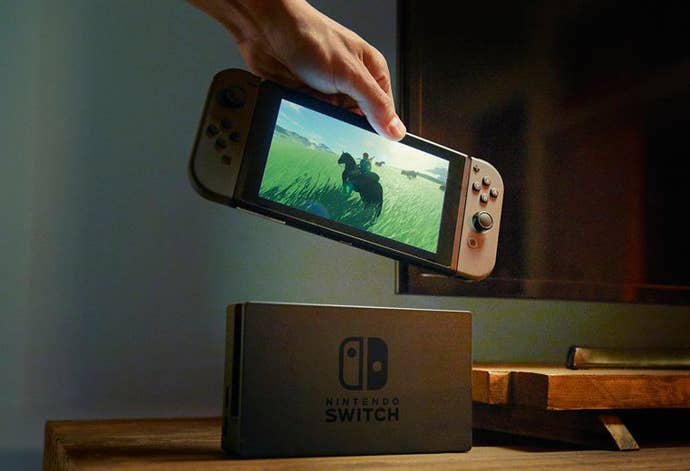
Let's not forget that a Japanese company is also releasing a console this year. The Nintendo Switch is a console/handheld hybrid, and may be the key to bridging the gap between the two for Japanese developers still not back on the console bandwagon. Seeing The Elder Scrolls V: Skyrim as part of the Switch lineup and rumors of the Dark Souls games making their way there speaks to just what will be possible on the platform. Switch takes a lot of things we know about gaming and rearranges them in different ways. I certainly can't wait to see what developers do with it.
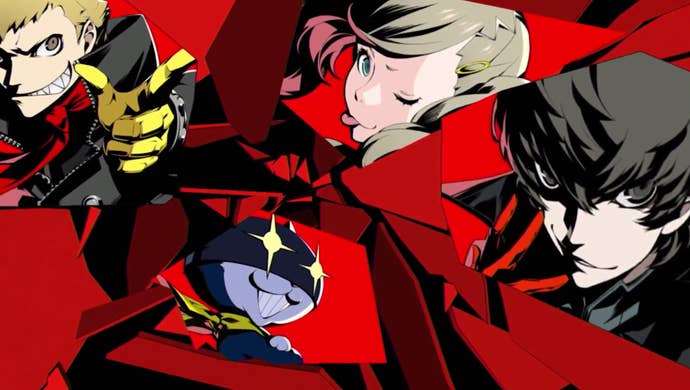
Of course, there's still the biggest, most anticipated Japanese release of 2017: Persona 5. In development since 2010, Persona 5 is the newest entry in the ultra-stylish Shin Megami Tensei spin-off that's built a increasingly large following through word of mouth on the strength of Persona 3 and 4. Even just looking at trailers and how visually eye-popping the UI is gives a hint as to just how much Atlus's design sensibilities have evolved since Persona 3. You've still got Social Links, otherworldly dungeons, and demon fusion at the core of the game, but everything about Persona 5 exudes the kind of confidence that can only be exhibited by creators who know they are creating something great.
It's the same kind of confidence, I think, that all of the Japanese console games of 2017 share to some degree, something a great deal of developers have lacked for some time now. Once timid to explore HD game development, Japanese developers are now diving in without fear, and the landscape of games is all the better for it.
